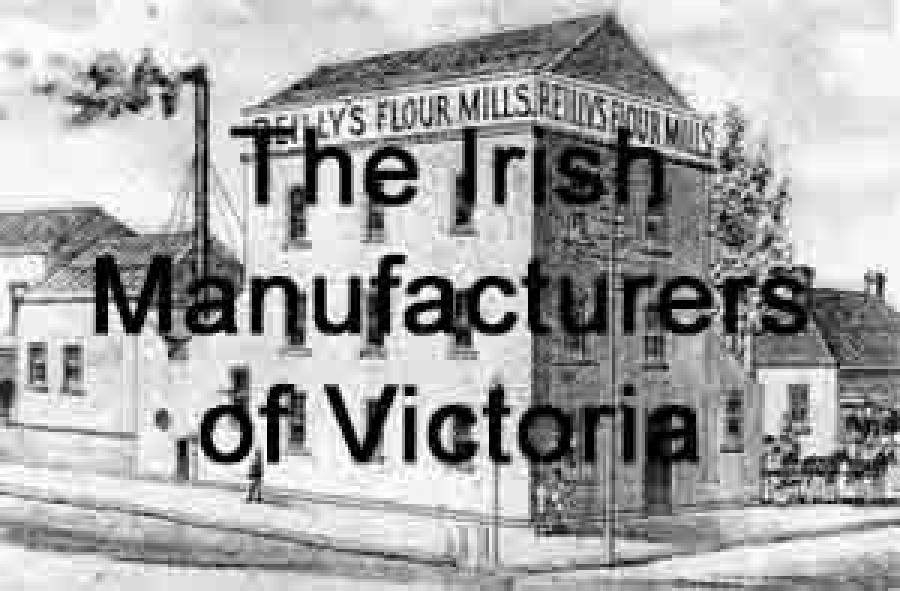What's on in March?
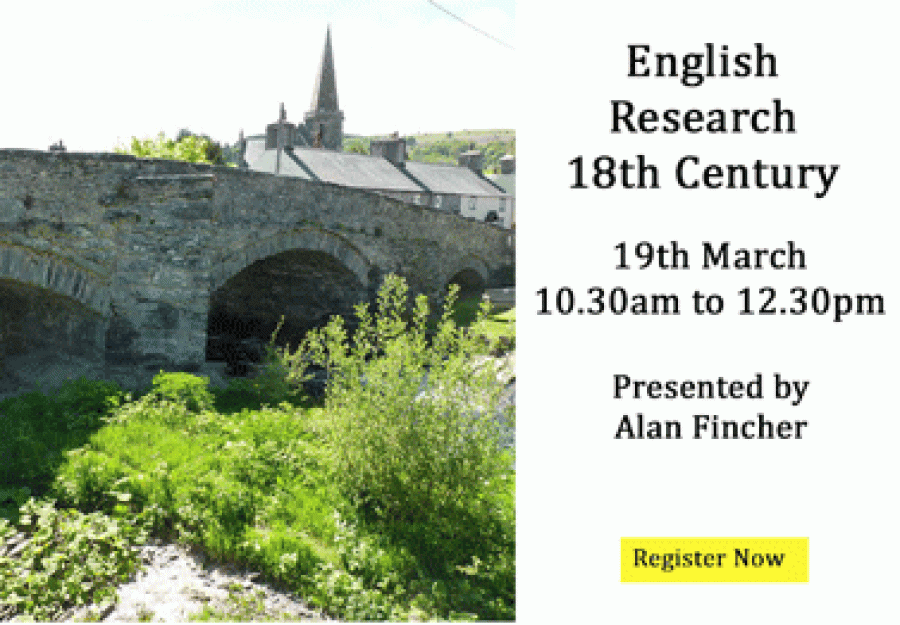
Discounted certificates for the month of March
Vic BDM has announced that they are offering downloadable uncertified historical certificates for $20 each for the entire month of March to say 'thank you' to valued family historians. This is a saving of $4.50 per certificate. Click below:
***
Are you stuck in England in a time warp?
Alan Fincher - our expert in early English records is giving a talk on 19 March that could help you.
English Research, Eighteenth Century
This talk is intended for those who are stuck in their English research in the 1700s. Most English researchers can get back to the early 1800s or late 1700s, but the 1700s can be really challenging, as there are fewer records available than in the 1800s or 1600s. In fact there is a real incentive to get back to the late 1600s as many more records then become available; records that either cease to exist in the 1700s or are quite uncommon then.
Note this talk has been previously advertised as '19&20c to 18th c English Research'
March 19 - 10.30 am-12.30 pm
$10 GSV members. $40 non-members. FHC, RHSV and CAV members should contact the GSV for a 25% discount. GO HERE https://sandbox.gsv.org.au/civicrm/event/info?reset=1&id=1439
***
Update on producing a flipbook version of our 'Ancestor' journal
In December 2019 we posted news about our investigation of flipbook options for this journal. We included a demonstration flipbook and invited members to try it out and send comments. We were amazed at the response we have had. By mid January we had over 70 responses - with roughly 2/3 in favour of this option and many giving constructive feedback.
If you are a GSV member you can already read PDF editions of our current journal and past issues on our website in the Members Area. And its articles are indexed in our catalogue. So if you have recycled your past paper copy, you can check back-issues from the comfort of your hard-worn home research chair.
CHECK out this service if you haven't tried it.
We will continue to look into a digital form of Ancestor, taking into account all comments. We thank all who took the time to respond.
... And GSV Writers meet next week... And March could be a good month to volunteer! AND did you remember to book for Richard Broome's talk coming in May? See last post for details.
***


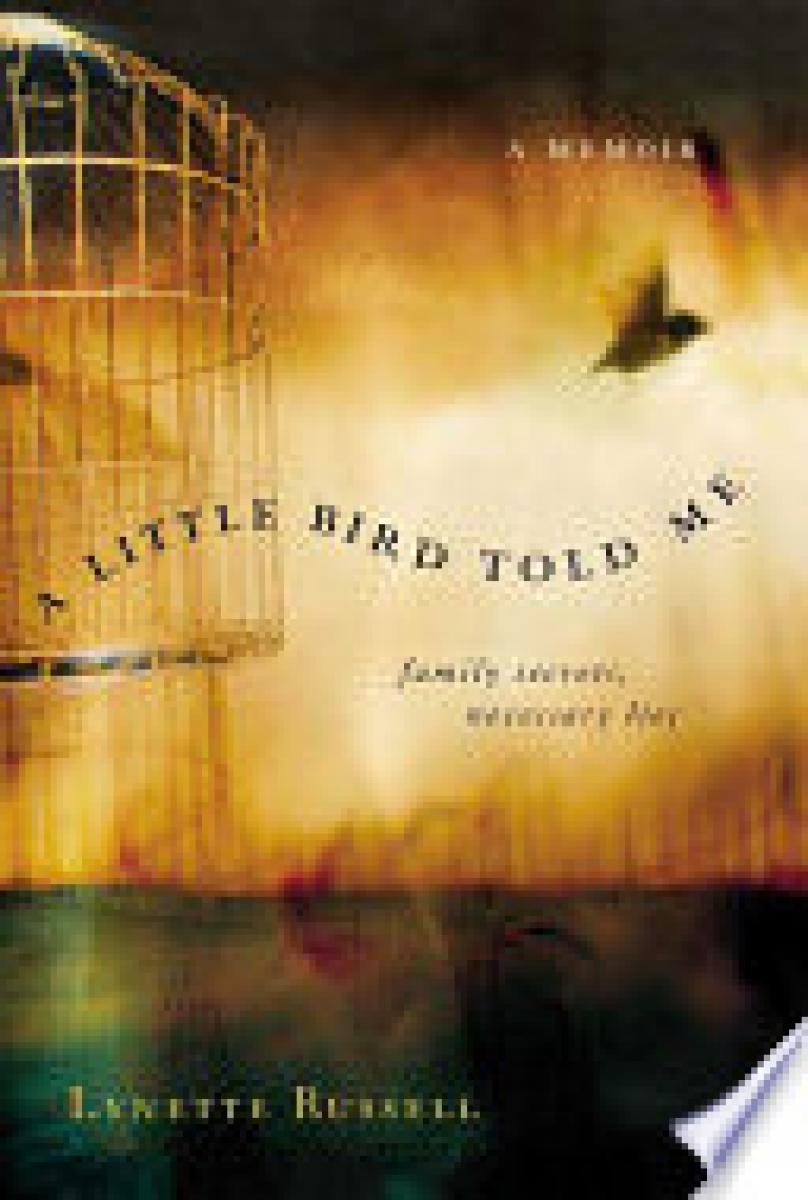
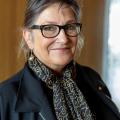
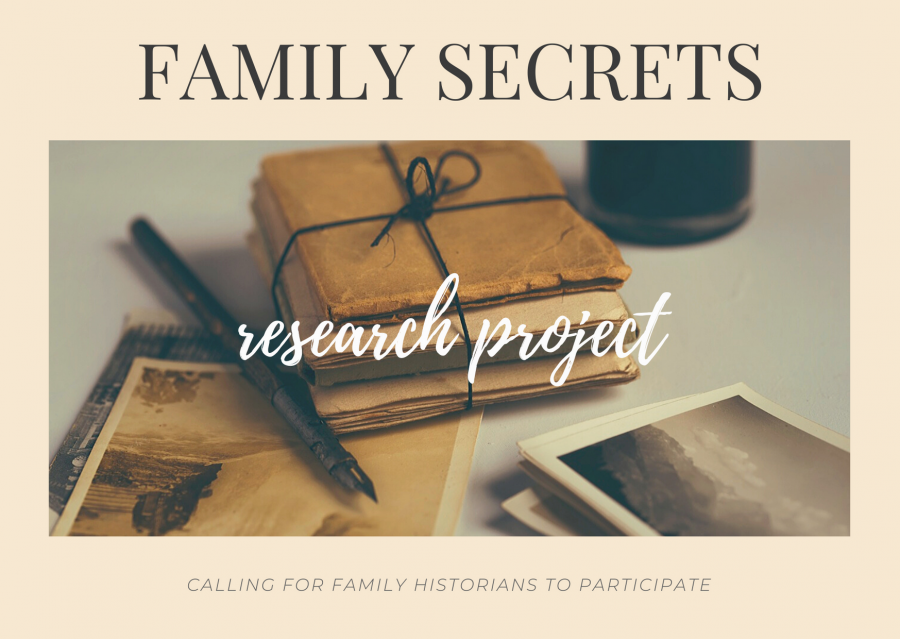
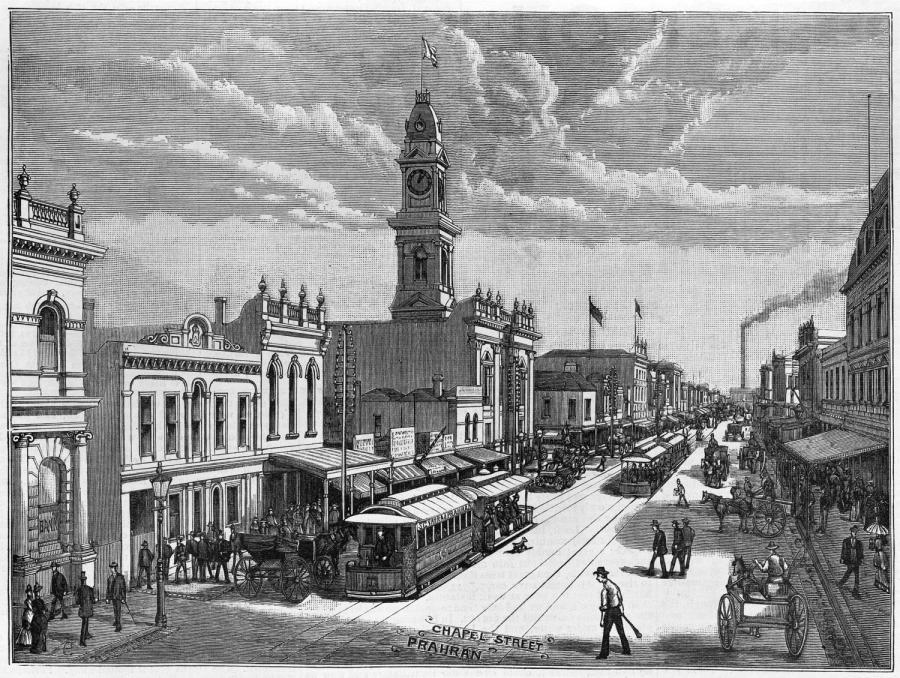
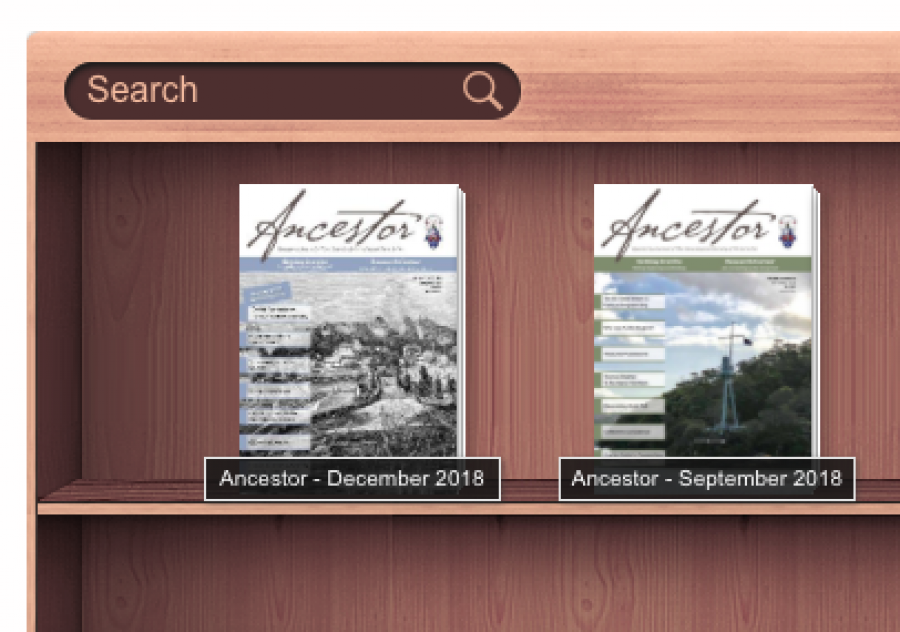


 L
L


